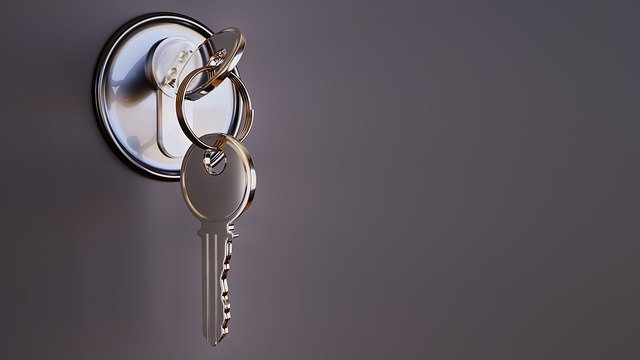
It's normal for employees to have a set of keys to the office, but it can be a bit of a dilemma choosing the right people. Some people would argue that all employees are trusted members of staff, and should therefore be allowed a set of keys. However, you should never take keyholder responsibilities lightly. When you hand over a set of keys to your business, you really are putting your assets in the hands of someone else. Ideally, you want to choose people who are sensible, trustworthy and who actually need a set of keys.
What are the responsibilities of a keyholder?
A keyholder is someone who's been trusted for opening and closing the business on a regular basis. These people need to be capable of setting/disabling your alarm systems & keeping your business and its contents safe! In shops and restaurants where physical cash is handled, key holders might need to make sure that the cash is deposited safely and out of view from prying eyes. Being a keyholder tends to come with more responsibilities than simply opening and cosing up at the end of the day, so choosing the most appropriate people for the job is paramount! Most business owner tend to allocate keyholder responsibilities to the more senior members of staff because they know they're capable of managing the reposibilities of being a keyholder.
What happens if there's an emergency?
Keyholders are often required to respond if the intruder or fire alarm goes off ouside of business hours. It's vital that keyholders understand the procedure they need to follow if they're faced with this situation. For that reason, you might want to choose keyholders that are based locally, or that have access to their own vehicle. Someone who lives 30 miles away and commutes to work on public transport, they might not be the most reliable keyholder in an emergency.
When a keyholder attends an emergency call out, they should be capable of assessing the situation and reponding appropriately. If it looks like a break-in has occured, they should phone the emergency services immediately. Likewise if they can see obvious signs of a fire. If they attend and realise that it's a false alarm, they should be able to reset the alarms, lock up the premises and notify you or the relevant person in charge.
Key traits of a good keyholder:
- Trustworthy & reliable
- Confident under pressure
- Local to the business
- Well-organised
- Strong leadership skills
Outsourcing keyholder responsibilities
In some circumstances, it may be a better option for a business owner to outsource their keyholder duties. For example, if all of your staff live far away, or if staff turnover is high, it might not be possible to choose people to take on keyholder responsibilities. In this case, you can hire a third-party company to help with keyholder responisbilities & out of hours emergencies.
One great option is to invest in a monitored alarm system & a maintenance contract. This means that someone at a trustworthy security company will keep an eye on your alarms around the clock. If an alarm is triggered they will make sure that the appropriate emergency services are contacted right away, meaning the responsibility for the business is taken out of your employees hands. Without proper training, in-experienced staff members might put themselves in harms way in the event of an emergency, so it might put your mind at ease to know that a reliable & professional company are monitoring your premises.
Our advice when allocating staff keyholder responsibilities is, choose carefully and don't be afraid to outsource to professionals if you're concerned about the safety and welfare of your business. Give us a call if you're interested in upgrading your business security systems, we're happy to help!
Business Security Systems >